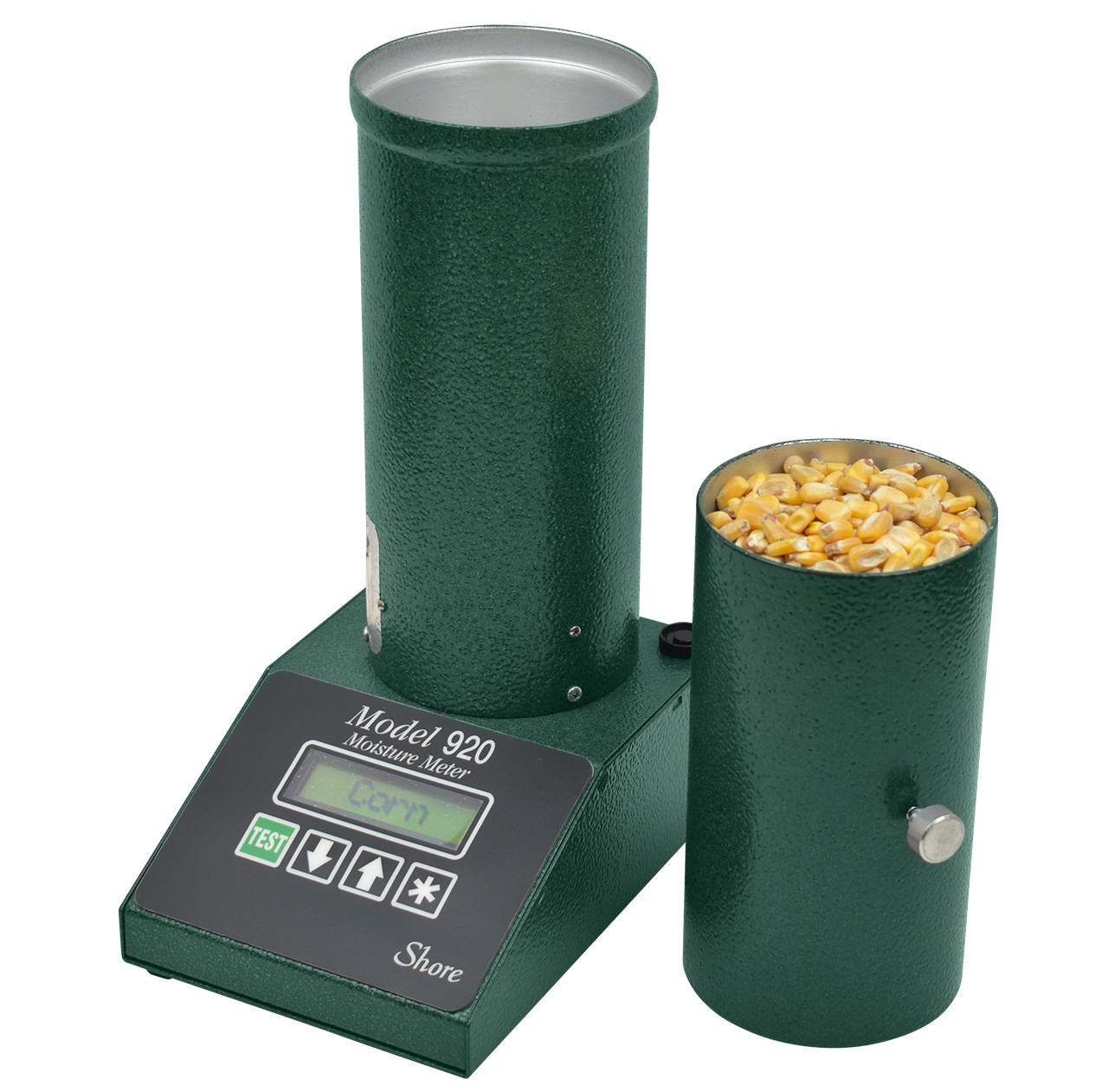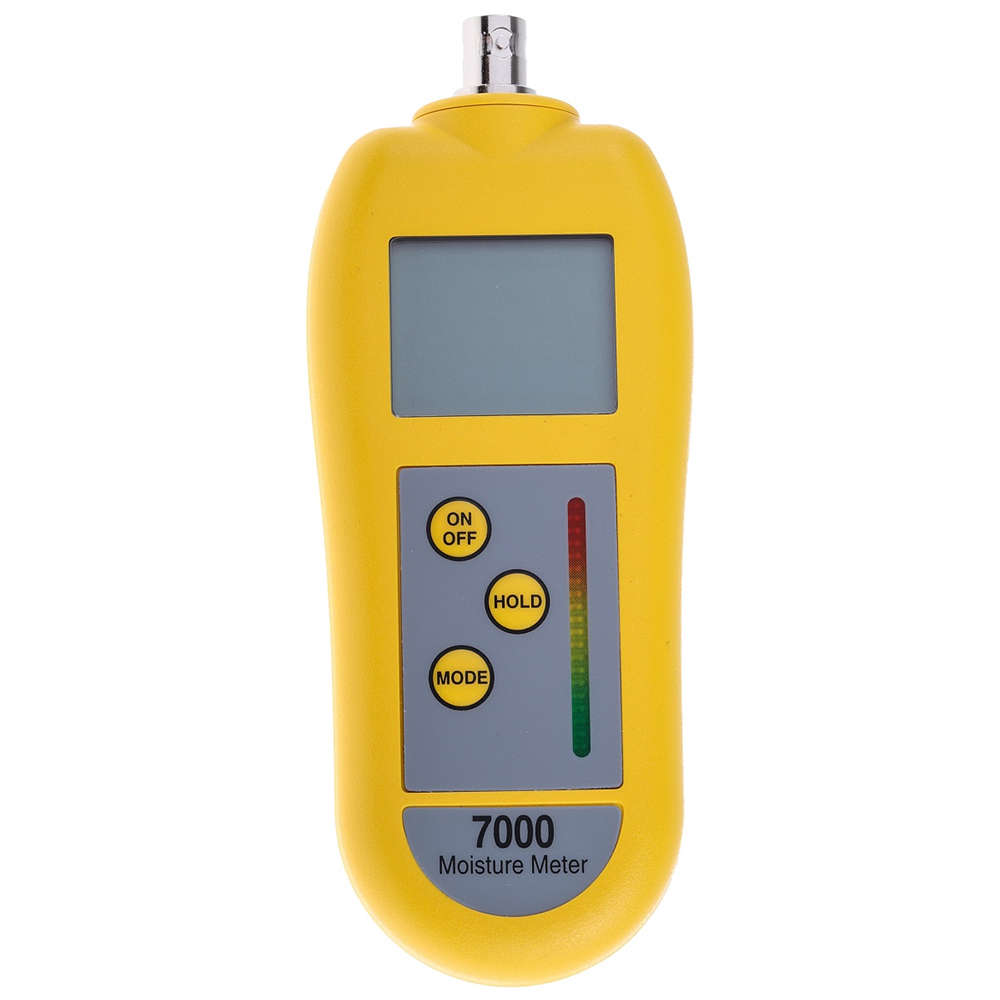Why Every House Owner Needs a Moisture Meter: Trick Benefits and Attributes
The Ultimate Overview to Moisture Meters: A Comprehensive Review and Just How They Can Conserve You Money
In the world of building maintenance, construction, and numerous sectors, the importance of properly measuring dampness levels can not be overemphasized. Moisture meters serve as indispensable devices in finding and checking moisture content in products, helping in protecting against costly damages and guaranteeing the high quality of items. Understanding the subtleties of different kinds of wetness meters, their applications, and the prospective cost-saving advantages they offer can be a game-changer for professionals and businesses alike. Finding exactly how these gadgets can not just improve procedures yet likewise add to monetary savings is a trip worth getting started on.
Kinds Of Dampness Meters
Various types of dampness meters are readily available for different applications in numerous industries. One common type is the pin-type moisture meter, which determines the electrical resistance between two pins put into a material. This kind is appropriate for wood, drywall, and various other structure products. Pinless moisture meters, on the other hand, usage electromagnetic sensor plates to scan a bigger location without triggering damage to the material's surface area. Moisture Meter. These meters are optimal for rapidly evaluating wetness degrees in big areas such as floorings and walls.

Infrared moisture meters measure the thermal residential or commercial properties of a material to establish its wetness material non-invasively, making them beneficial for applications where pin or pinless meters may not be suitable. Recognizing the different types of dampness meters available can aid industries select the most suitable device for their details moisture measurement needs.

Benefits of Utilizing Moisture Meters
Moisture meters supply indispensable benefits in precisely examining and monitoring moisture degrees in varied materials and environments. One of the main benefits of making use of wetness meters is the prevention of potential damages caused by excess dampness.
Additionally, using dampness meters can cause raised energy performance. By identifying areas with high moisture degrees, such as leakages or bad insulation, changes can be made to improve power preservation and decrease utility expenses. In agricultural settings, wetness meters play a critical function in optimizing crop yields by allowing farmers to check soil dampness degrees and make educated watering choices. In general, the advantages of using moisture meters extend across various markets, providing affordable options and advertising far better quality assurance techniques.
Just How to Pick the Right Dampness Meter
Picking the suitable moisture meter entails taking into consideration vital aspects such as material compatibility, measurement range, and calibration accuracy. When picking a moisture meter, it's important to make certain that the meter is ideal for the details product you will certainly be testing. Different products have differing electric residential properties that can impact wetness readings, so picking a meter created for your product is important for precise results. In addition, consider the measurement series of the wetness meter. Guarantee that the meter can spot dampness degrees within the variety needed for your applications. Calibration precision is an additional vital element to bear in mind. Opt for a moisture meter with dependable calibration to make sure regular and specific analyses. Some meters might call for periodic calibration adjustments, so understanding the calibration process is very important. By carefully evaluating these aspects, you can select a moisture meter that satisfies your needs and supplies precise wetness measurements for your jobs.
Proper Strategies for Wetness Meter Usage

Expense Savings With Dampness Meter Applications
Just how can the calculated usage of moisture meters lead to substantial cost financial savings across different markets? Wetness meters play a vital function in expense savings by avoiding potential damages and making certain quality assurance in various fields. In the farming market, moisture meters help in figuring out the ideal time for harvesting crops, stopping excess or over-drying moisture that can influence the end product's top quality. This exact tracking helps farmers prevent unnecessary losses and optimize their yield.
Likewise, in construction, wetness go now meters help protect against pricey problems by identifying dampness degrees in structure products, such as timber or concrete, which can lead to architectural problems if not dealt with without delay. By identifying trouble locations early, specialists can take corrective procedures to prevent considerable repairs or substitutes, eventually conserving money and time.
Furthermore, in the food handling sector, wetness meters are essential for checking item high quality and making certain compliance with security laws. By accurately determining dampness web content in foodstuff, manufacturers can stop putridity, preserve freshness, and reduce waste, resulting in considerable cost savings. Generally, the strategic application of dampness meters is a useful financial investment that can result in substantial expense decreases and enhanced performance throughout various sectors.
Verdict
In conclusion, wetness meters are beneficial tools for spotting and determining moisture levels in numerous materials. By making use of the appropriate moisture meter and adhering to proper techniques, individuals can efficiently protect against expensive problems created by excess wetness.
Dampness meters serve as indispensable tools in identifying and checking moisture material in materials, aiding in avoiding pricey damages and making certain the high quality of products. Infrared dampness meters gauge the thermal homes of a material to identify its dampness material non-invasively, making them beneficial for applications where pin or pinless meters may not be suitable.Wetness meters offer vital advantages in precisely examining and keeping an eye on wetness levels in varied materials and settings. In agricultural settings, wetness meters play a critical role in maximizing crop returns by enabling farmers to keep track of dirt moisture degrees and make notified irrigation decisions.In final thought, wetness meters are important tools for measuring and identifying wetness levels in different materials.